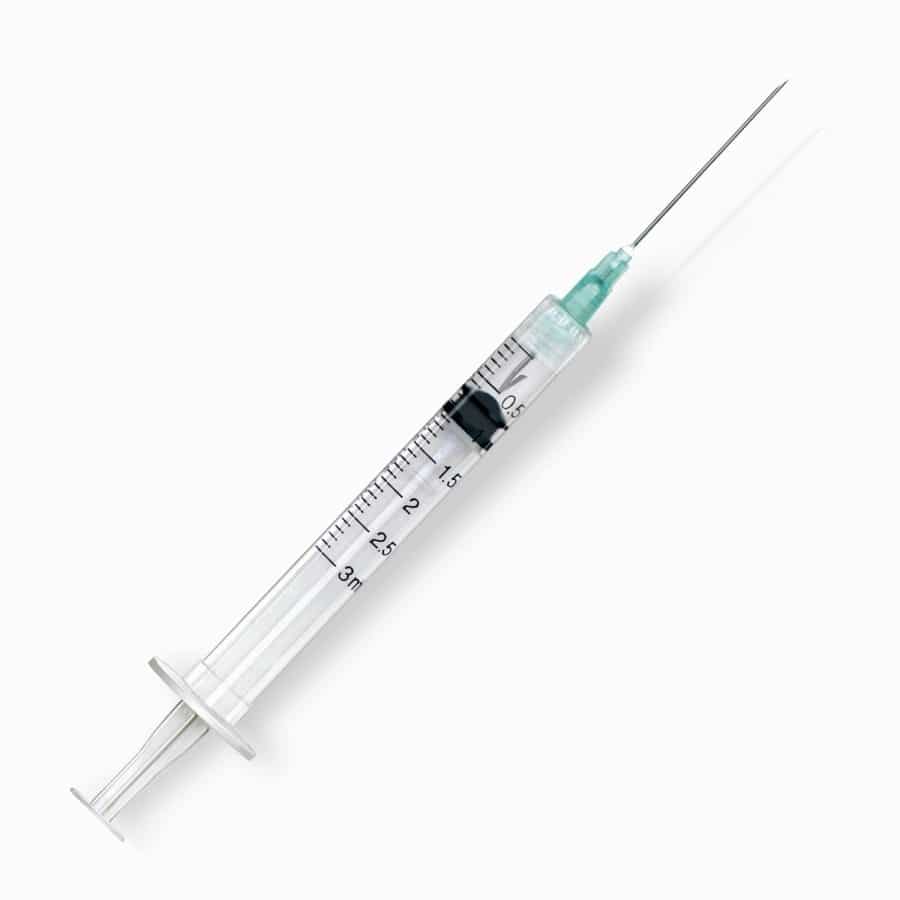At least 5 people have died and hundreds more are in danger of serious illness after it was revealed that steroid injections used to treat back pain have led to fungal meningitis in at least 6 states. As a result, the New England Compounding Center of Massachusetts, the pharmacy responsible for the distribution of approximately 17,676 single-dose vials has announced a recall of the steroid, known as preservative-free methylprednisolone acetate.
Health officials have revealed that the steroid has been distributed to 75 clinics in 23 states thus far, with 35 reports of fungal meningitis in 6 states being confirmed. Unfortunately, only a few hundred of the unused vials have been returned at this point. While the FDA is conducting tests to determine if the contamination discovered in a sealed vial by the NECC is the same strand responsible for this outbreak, each state’s health officials are quickly trying to round up all of the vials and track down patients who have received these injections.
For instance, Michigan health department officials have reported that four patients of pain clinics have shown symptoms of fungal meningitis, according to USA Today. The heat is on now for state officials to find more than 700 patients who received these steroid injections. Patients are urged to visit their physicians immediately for proper testing, diagnosis and treatment.
According to the Centers for Disease Control, fungal meningitis, while rare and usually only found in people with weak immune systems, is not contagious. However, it can be deadly and early symptoms may not be strong enough to make people believe they are in any danger. Initially, a person might feel slightly weak or nauseous, before vomiting becomes an issue. Eventually, the person will have difficulties with bright light and ultimately a state of confusion that includes hallucinations and personality changes.
Fungal meningitis requires a great deal of treatment, so it is imperative that anyone who has received one of these steroid injections visit their physician immediately in order to stop the disease before it becomes too serious.


